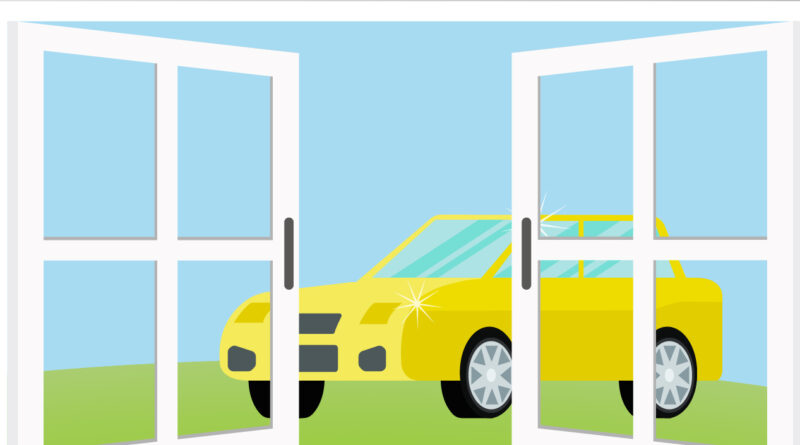Navigating Purchase of a Car from a Private Seller: What You Need to Know
In this guide, we’ll explore the ins and outs of purchasing a car from a private seller, including tips, precautions, and essential steps to take. Buying a car from a private seller can be an exciting yet daunting experience. While it often allows for more flexibility and potentially better deals compared to buying from a dealership, it also requires extra diligence and awareness to ensure a smooth transaction.
1. Research and Set a Budget: Before you start browsing listings, it’s crucial to determine your budget and the type of car you’re looking for. Research the market value of the make and model you’re interested in, considering factors like mileage, condition, and any additional features. Setting a budget will help narrow down your options and prevent you from overspending.
2. Browse Listings and Contact Sellers: Once you have a clear idea of what you’re looking for, start browsing online classifieds, local listings, and social media platforms where private sellers often advertise their vehicles. Pay attention to the details provided in the listings, such as photos, descriptions, and asking prices. When you find a promising listing, reach out to the seller to ask questions and schedule a viewing or test drive.
3. Schedule a Inspection and Test Drive: Before committing to a purchase, it’s essential to inspect the car thoroughly and take it for a test drive. If you’re not knowledgeable about cars, consider hiring a professional mechanic to perform a pre-purchase inspection. This will help identify any hidden issues or potential red flags that the seller may not disclose. During the test drive, pay attention to the car’s handling, performance, and overall condition.
4. Review Documentation and Vehicle History: Ask the seller for all relevant documentation, including the title, registration, service records, and any receipts for repairs or maintenance. Additionally, obtain a vehicle history report using the vehicle identification number (VIN) to check for any reported accidents, damage, or odometer discrepancies. Reviewing these documents will provide valuable insights into the car’s ownership history and maintenance records.
5. Negotiate the Price: Once you’ve completed the inspection and are satisfied with the car’s condition, it’s time to negotiate the price with the seller. Use your research and any findings from the inspection or vehicle history report to justify your offer. Be prepared to negotiate, but also be respectful and willing to compromise. Keep in mind that private sellers may be more flexible on price compared to dealerships.
6. Arrange Payment and Transfer of Ownership: Once you’ve agreed on a price, arrange a secure method of payment with the seller. Consider using a money electronic transfer for added security. Avoid paying in cash, as it can be difficult to trace in case of disputes make sure on purchase agreement you have all sellers details and how the payment was made encase there problems irises. Additionally, ensure that V5C documents are transferred to your name properly to complete the sale legally.
7. Finalize the Sale and Obtain Receipt: Before finalizing the sale, double-check all paperwork V5C and documentation to ensure everything is in order ask for proof of purchase from seller check his id and make sure you purchase from keepers address on V5C. Once the transaction is complete, obtain a receipt from the seller as proof of purchase. The receipt should include details such as the sale price, vehicle information, seller’s contact information, and signatures from both parties. Keep this receipt for your records in case you need to reference it in the future.
8. Transfer Insurance and vehicle ownership: After purchasing the car, contact your insurance provider to transfer coverage to the new vehicle. Additionally, visit your DVLA online service change keeper details open online 7am-7pm transfer keeper details. Be sure to obtain all necessary documents, proof of purchase agreement. Guide how to do it.
9. Obtain appropriate extended warranty: every used car breakdown perspective every new car breakdown too but they are covered by manufacturers warranty.
Conclusion: Buying a car from a private seller can be a rewarding experience if approached with caution and diligence. By following these steps and taking necessary precautions, you can navigate the process smoothly and secure a reliable vehicle at a fair price. Remember to trust your instincts, ask questions, and seek professional advice when needed to make an informed decision. With careful planning and research, you’ll be on your way to owning your dream car from a private seller.
Buying a used VW. Buying used vauxhall, BMW, Jaguar, Ford, Volvo, Range rover, Bentley, Aston Martin, Porsche, Ferrari, Lamborghini, Maserati, Hyundai, Tesla, Honda, Pagani

